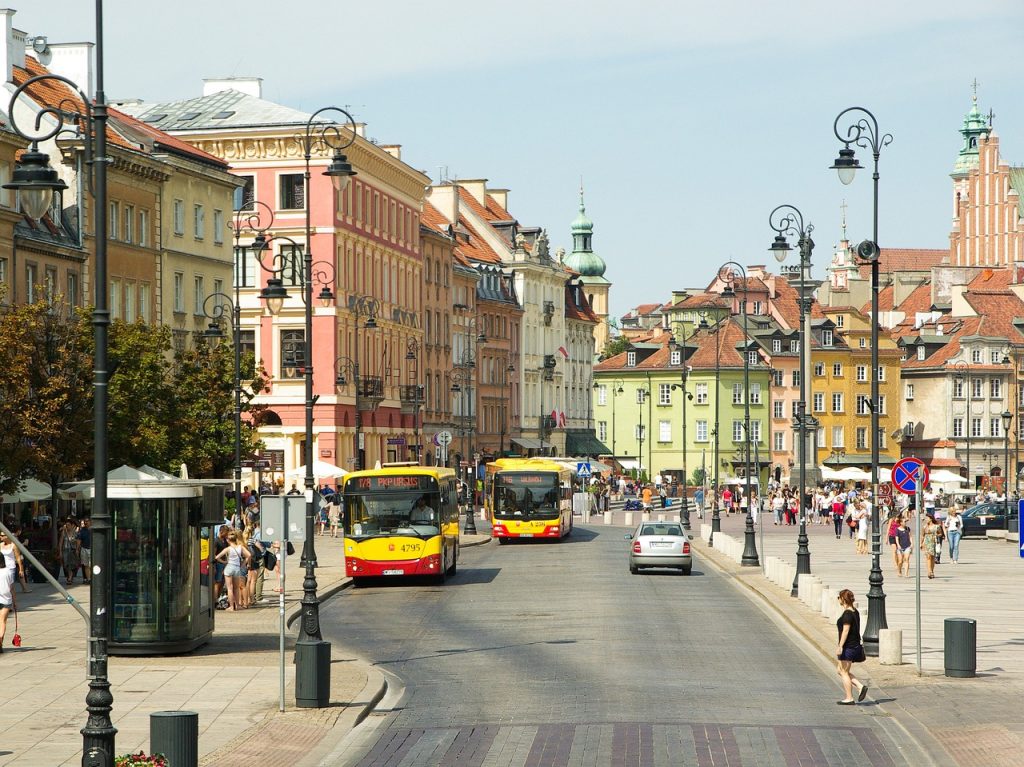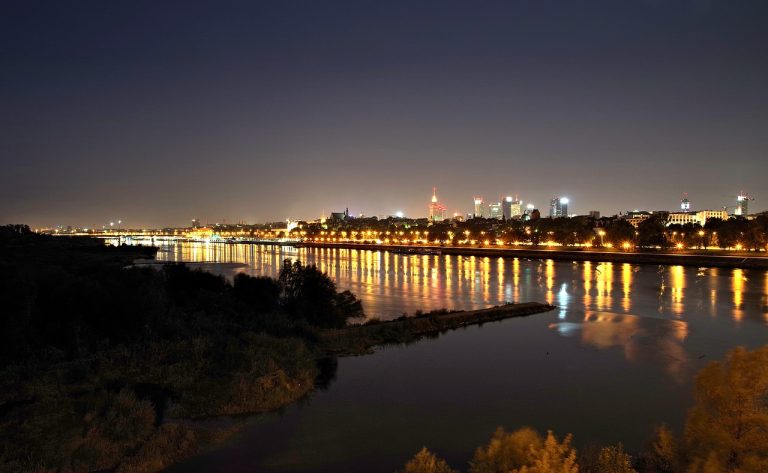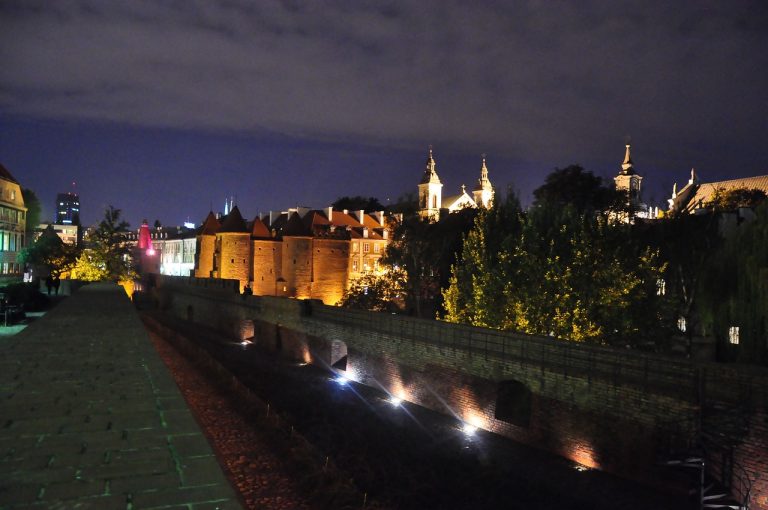Warsaw Poland Video
Eco-friendly Accommodations: Green Hotels in Warsaw Poland
Warsaw, the capital city of Poland, is known for its rich history, vibrant culture, and stunning architecture. As the city continues to grow and develop, there is an increasing focus on sustainability and eco-friendly practices. This has led to the emergence of several green hotels in Warsaw, offering environmentally conscious travelers a comfortable and sustainable place to stay. In this article, we will explore some of the top eco-friendly accommodations in Warsaw and the initiatives they have implemented to reduce their environmental impact.
Hotel A
- Energy-efficient practices: Hotel A takes pride in its commitment to energy efficiency. The hotel has implemented various measures to reduce energy consumption, such as using energy-saving light bulbs, installing motion sensors in common areas, and optimizing HVAC systems for better energy management.
- Waste reduction: Hotel A aims to minimize waste generation by implementing recycling programs throughout the property. Guests are encouraged to separate their waste into different bins, and the hotel ensures that recyclable materials are properly collected and processed.
- Water conservation: Hotel A has implemented water-saving practices, such as installing low-flow showerheads and faucets, and implementing a linen reuse program to reduce water consumption in laundry operations.
- Locally sourced products: The hotel supports local businesses and reduces its carbon footprint by sourcing products and ingredients from nearby suppliers. This not only promotes the local economy but also reduces transportation-related emissions.
- Green certifications: Hotel A has obtained various green certifications, such as LEED (Leadership in Energy and Environmental Design) or Green Key certification, to demonstrate its commitment to sustainability and eco-friendly practices.
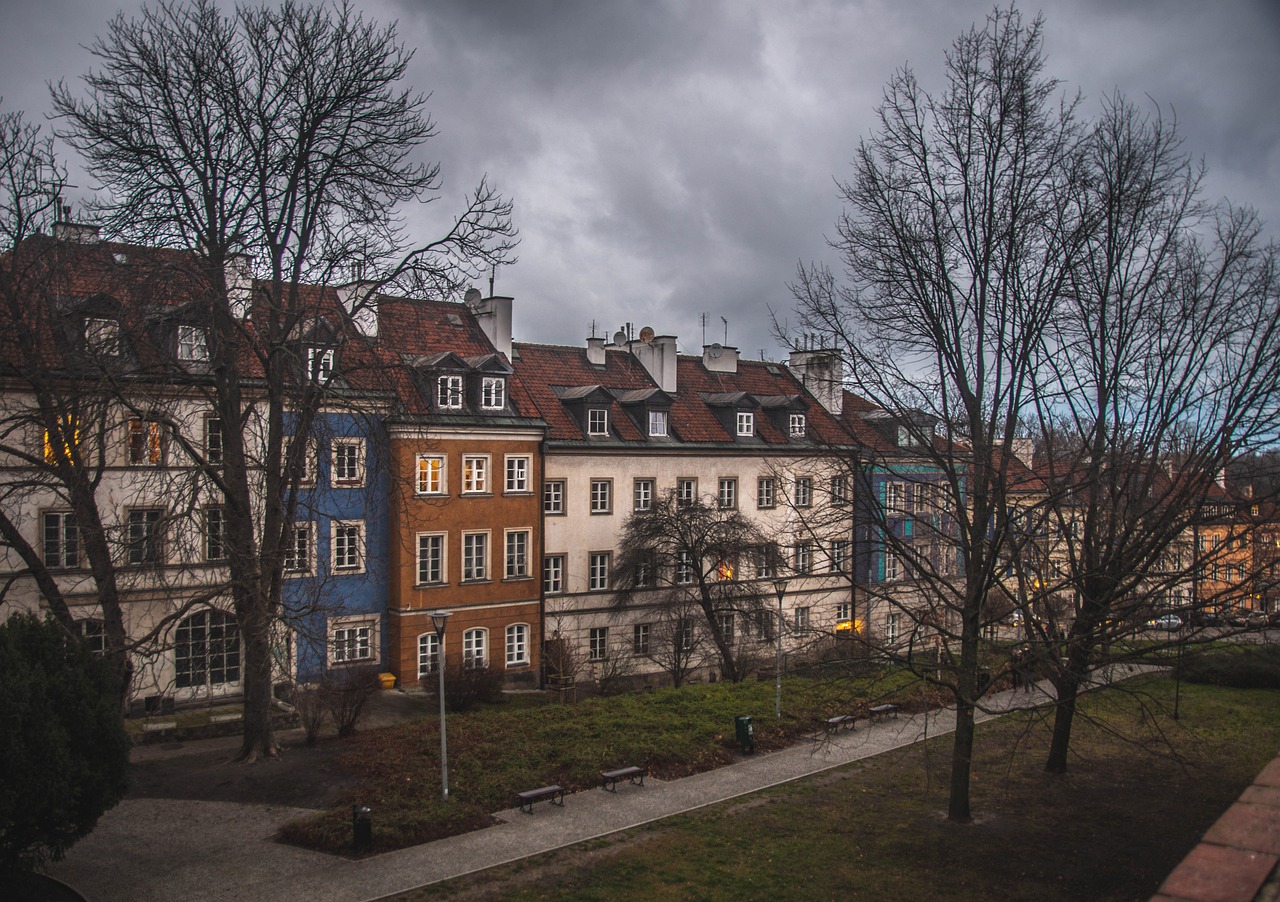
Hotel B
- Solar power: Hotel B harnesses the power of the sun by installing solar panels on its rooftop. This renewable energy source helps to reduce the hotel’s reliance on traditional electricity and lowers its carbon footprint.
- Organic and locally sourced food: Hotel B’s restaurant focuses on serving organic and locally sourced food to its guests. By supporting local farmers and using organic ingredients, the hotel promotes sustainable agriculture and reduces the environmental impact of food production.
- Green transportation: Hotel B encourages guests to use eco-friendly transportation options by providing bicycle rentals and promoting public transportation. The hotel also offers electric vehicle charging stations for guests who have electric cars.
- Green spaces: Hotel B has dedicated green spaces within its premises, including rooftop gardens and vertical gardens. These green spaces not only enhance the aesthetic appeal of the hotel but also contribute to air purification and biodiversity conservation.
- Environmental education: Hotel B organizes workshops and seminars to raise awareness about environmental issues among its guests and staff. These educational initiatives aim to inspire sustainable behavior and promote a greener lifestyle.
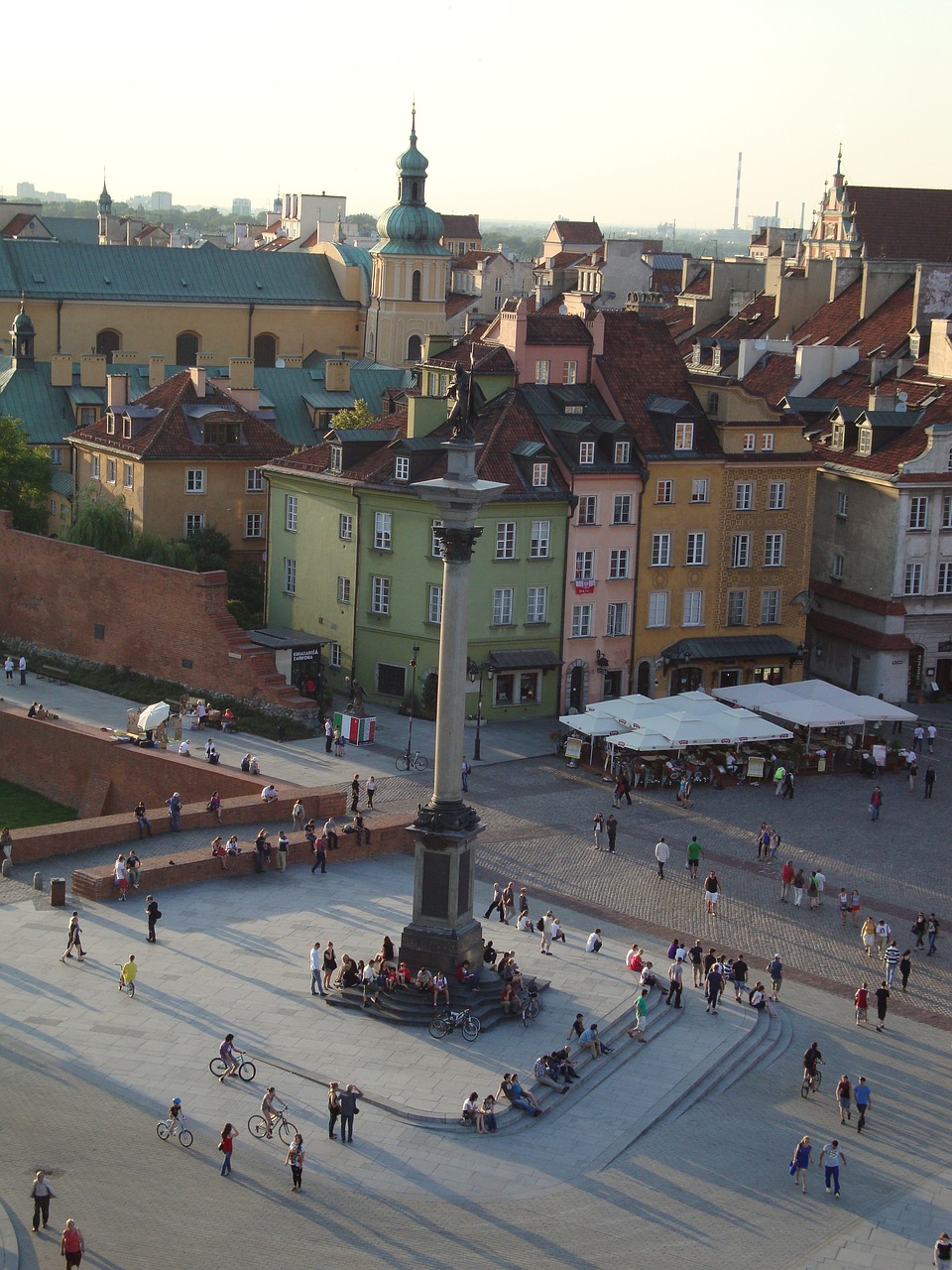
Hotel C
- Renewable energy: Hotel C is committed to using renewable energy sources to power its operations. The hotel has invested in solar panels and wind turbines to generate clean electricity, reducing its reliance on fossil fuels.
- Green building design: Hotel C has been designed with sustainability in mind. The building incorporates energy-efficient materials, natural ventilation systems, and green roofs to enhance energy performance and minimize its environmental impact.
- Water management: Hotel C implements water-saving measures, such as rainwater harvesting systems and water-efficient fixtures, to minimize water consumption. The hotel also treats and reuses wastewater for non-potable purposes, further reducing its water footprint.
- Local community engagement: Hotel C actively engages with the local community and supports social and environmental initiatives. The hotel collaborates with nearby organizations to promote sustainable tourism practices and contribute to the well-being of the community.
- Green housekeeping: Hotel C’s housekeeping practices prioritize eco-friendly cleaning products and procedures. The hotel uses biodegradable and non-toxic cleaning agents, minimizing the impact on both human health and the environment.
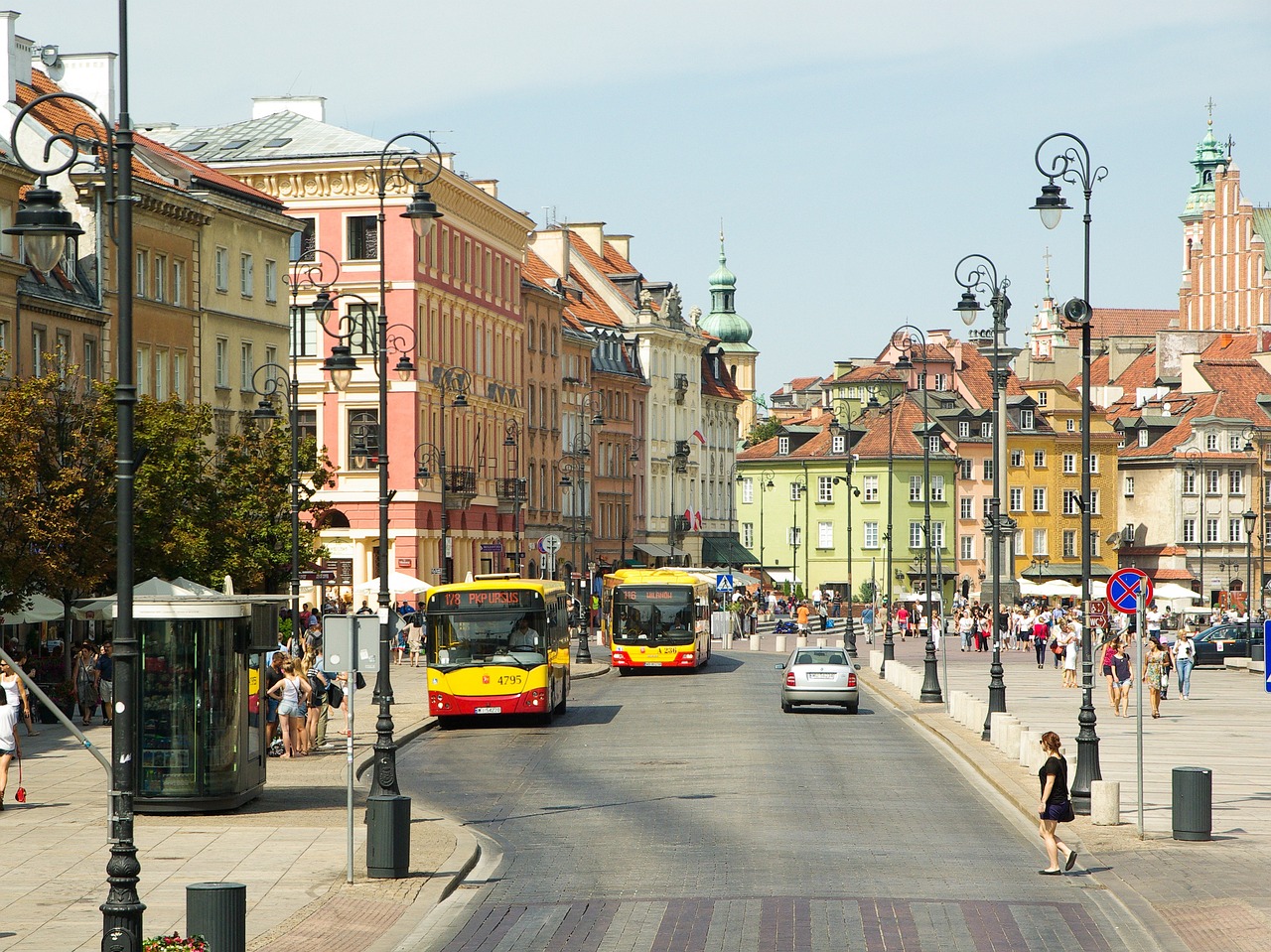
Conclusion
As sustainability becomes increasingly important in the hospitality industry, green hotels in Warsaw are leading the way in providing eco-friendly accommodations. These hotels prioritize energy efficiency, waste reduction, water conservation, and the use of renewable resources. By staying at these green hotels, travelers can enjoy a comfortable stay while minimizing their environmental impact. Whether it’s through the use of solar power, locally sourced products, or educational initiatives, these eco-friendly accommodations in Warsaw are setting an example for sustainable tourism practices.
References
- cityloco.net
- greenkey.global
- usgbc.org

